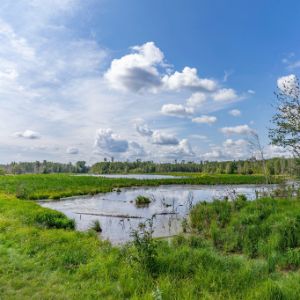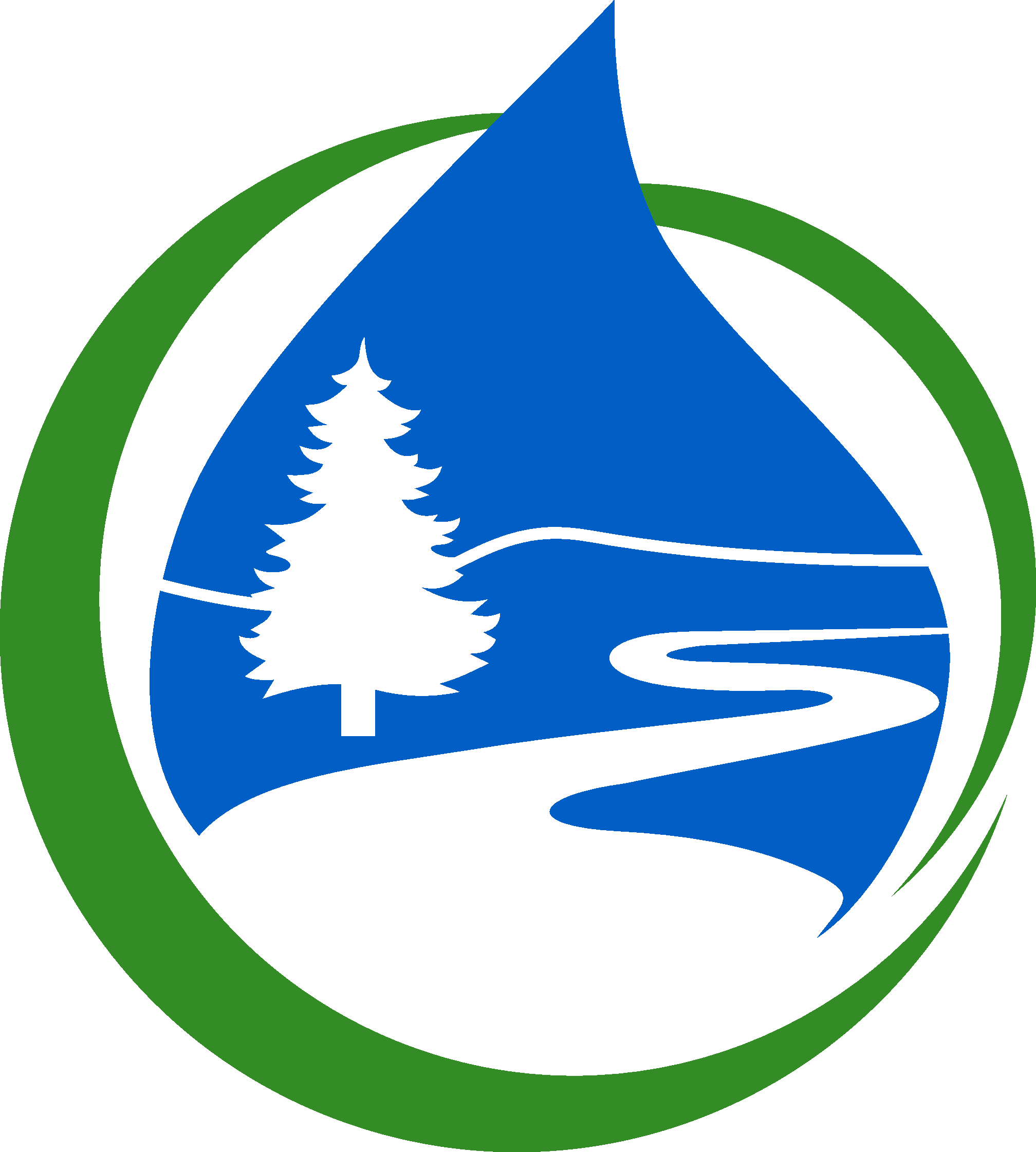New interactive resource goes online

MCLENNAN, AB (Jan. 29, 2024) —A new interactive online resource has been launched that provides up-to-date information about wetlands throughout Alberta in the form of interactive maps, data, and analysis. The resource describes human footprints, biodiversity trends, research projects, and monitoring sites.
The Wetland Atlas of Alberta is an interactive online resource assembled by the Alberta Biodiversity Monitoring Institute (ABMI), a non-profit arm’s-length organization managed jointly by the University of Alberta, the University of Calgary, and the provincial government’s InnoTech Alberta. Shannon Wagner, knowledge translation and engagement lead for the ABMI, introduced the Atlas to the annual general meeting of the Mighty Peace Watershed Alliance (MPWA) in June.
Public access to the Atlas, which draws on 15 years of data-gathering and is kept as current as possible, was announced this past February. Visitors of Wetland Atlas of Alberta [abmi.ca] can browse wetland maps of the forest, prairies, and mountains of Alberta, including those in the Mighty Peace watershed.
The MPWA has already drawn from ABMI resources. For example, its State of the Watershed report uses ABMI data to help describe the human footprint and biodiversity of each sub-watershed in the region. The Atlas should prove even more useful in the future as it will allow researchers to drill down to more specific data, such as where invertebrate and amphibian species are found, and which mosses are associated with each type of wetland.
The Atlas describes the pressures on wetlands occurring in Alberta. Recently, one such pressure of increasing concern is drought. Additionally, the Atlas describes wetland extent and type, both of which are important factors in a long-term proactive approach to drought resiliency. On January 31, 2024, the MPWA will join the Athabasca Lake Watershed Council and the Lesser Slave Lake Watershed Council in hosting a workshop entitled Building Resiliency to Multi Year Drought in Alberta in Grande Prairie, Alberta. The workshop will focus on drought management, building community resilience, and learning from the experiences of community members who have experienced droughts.
